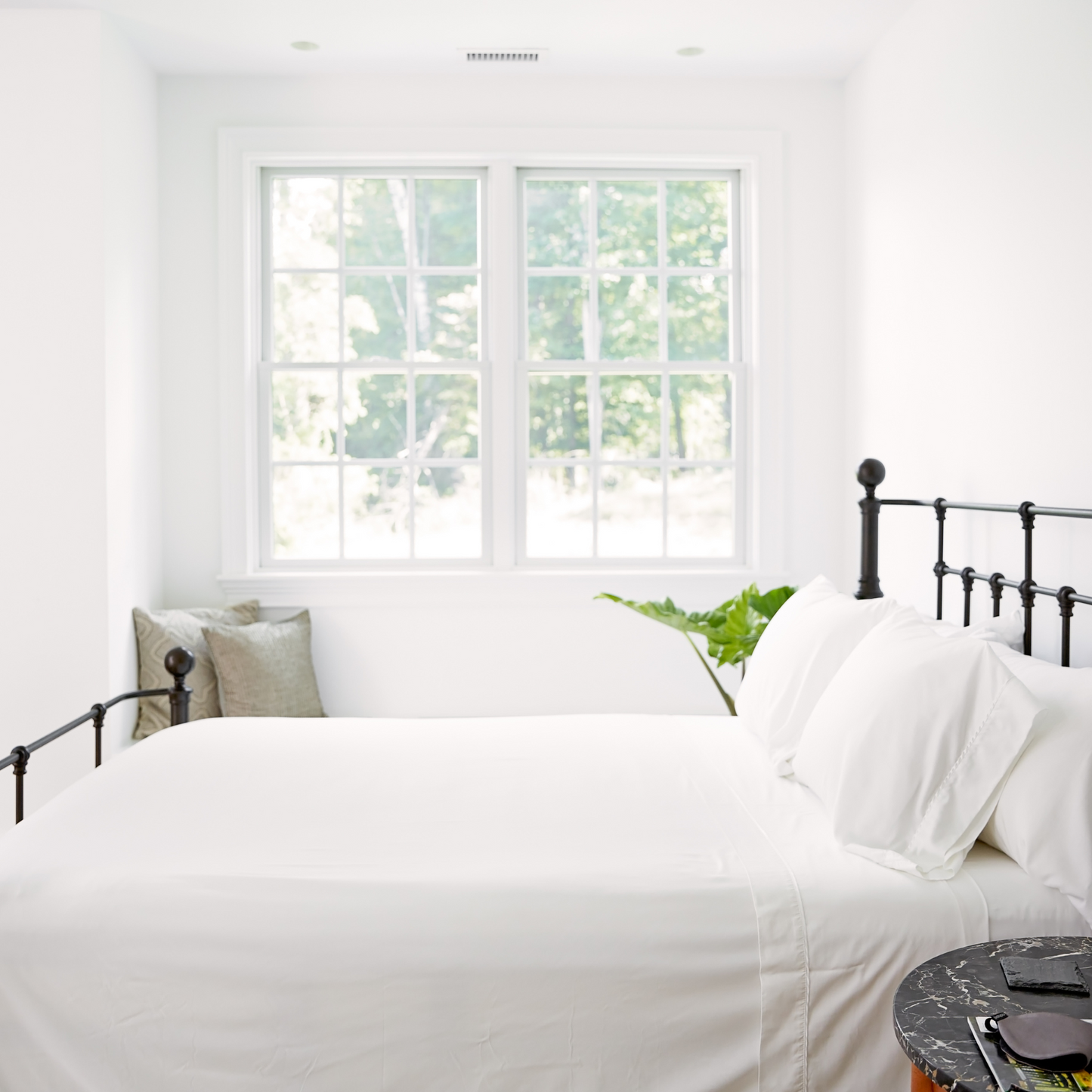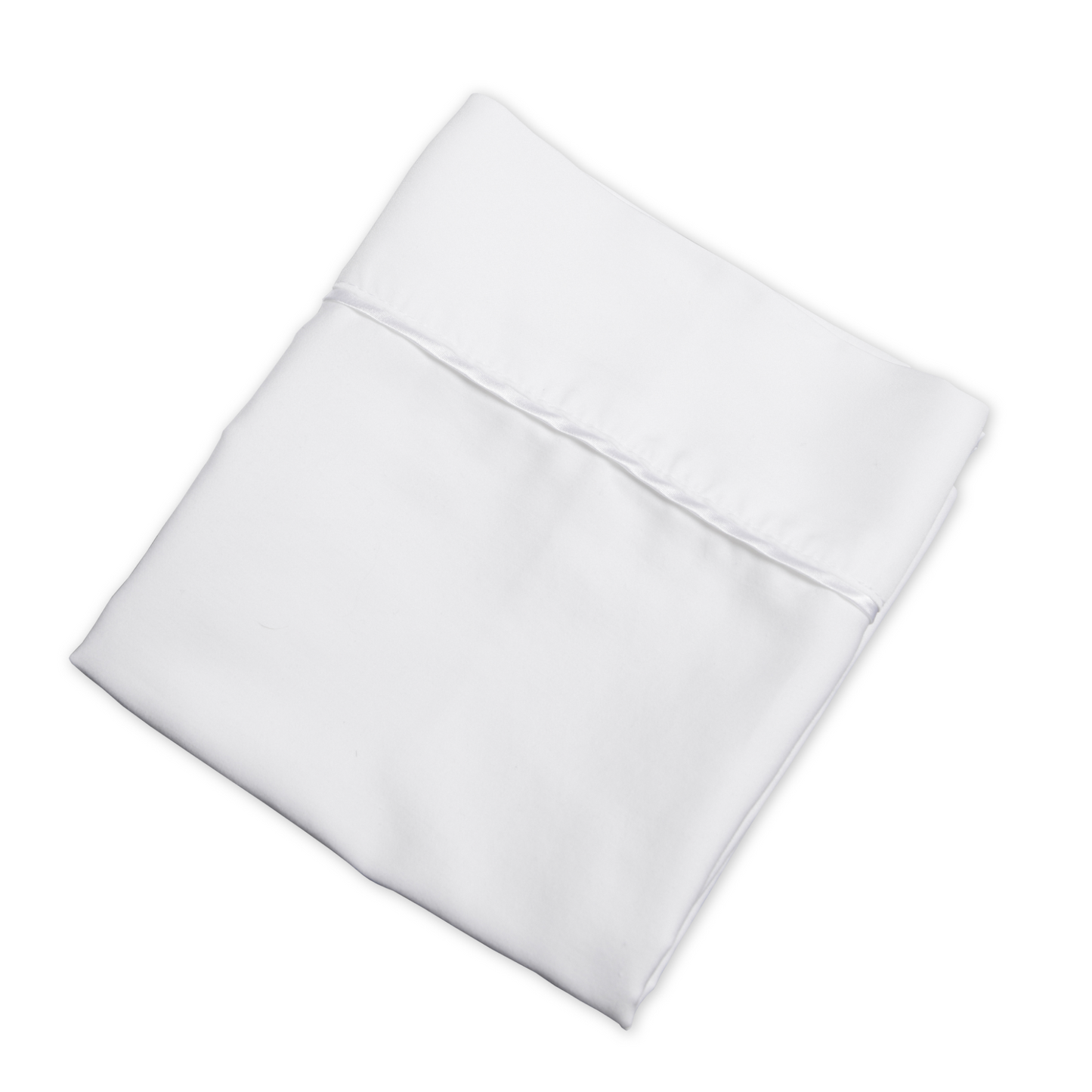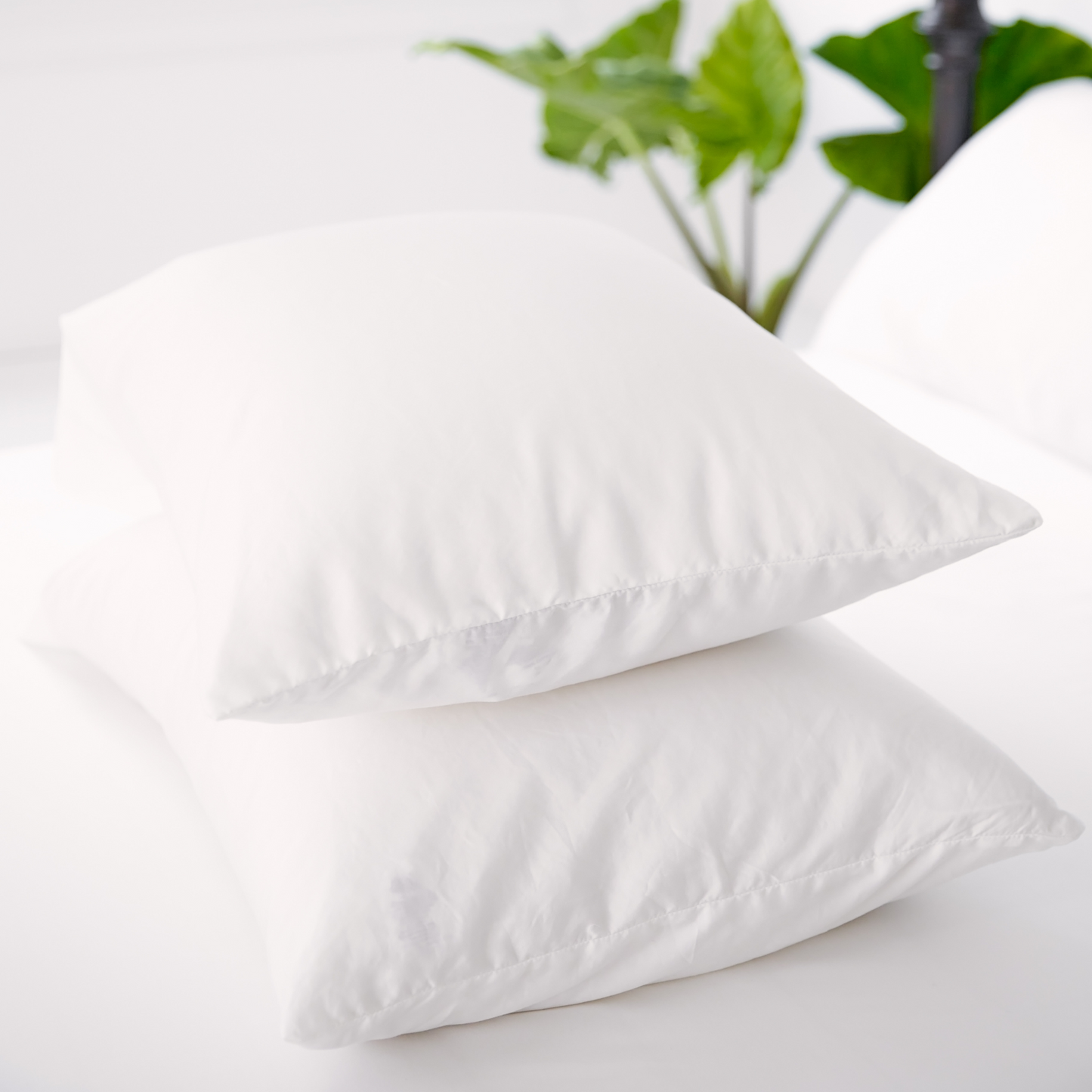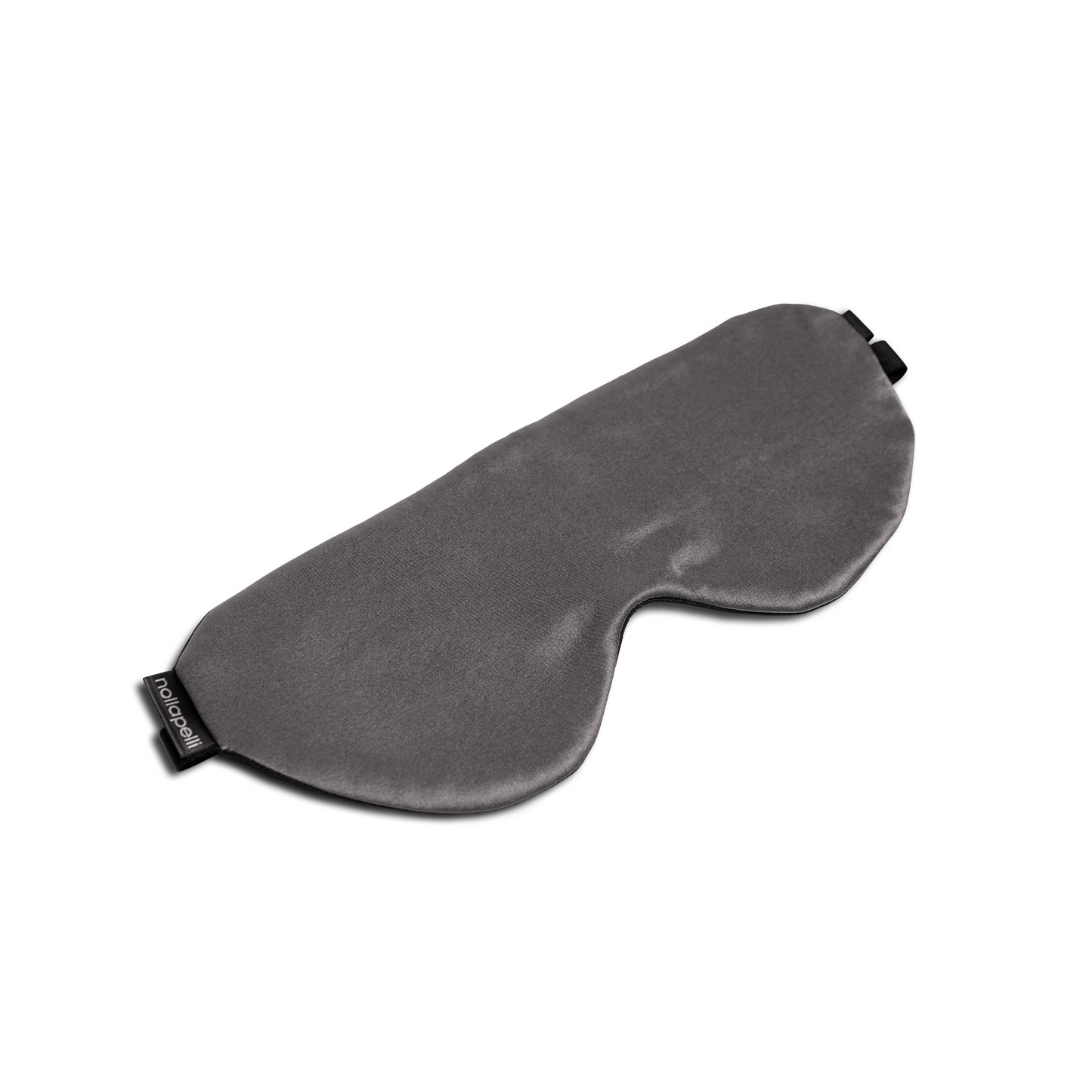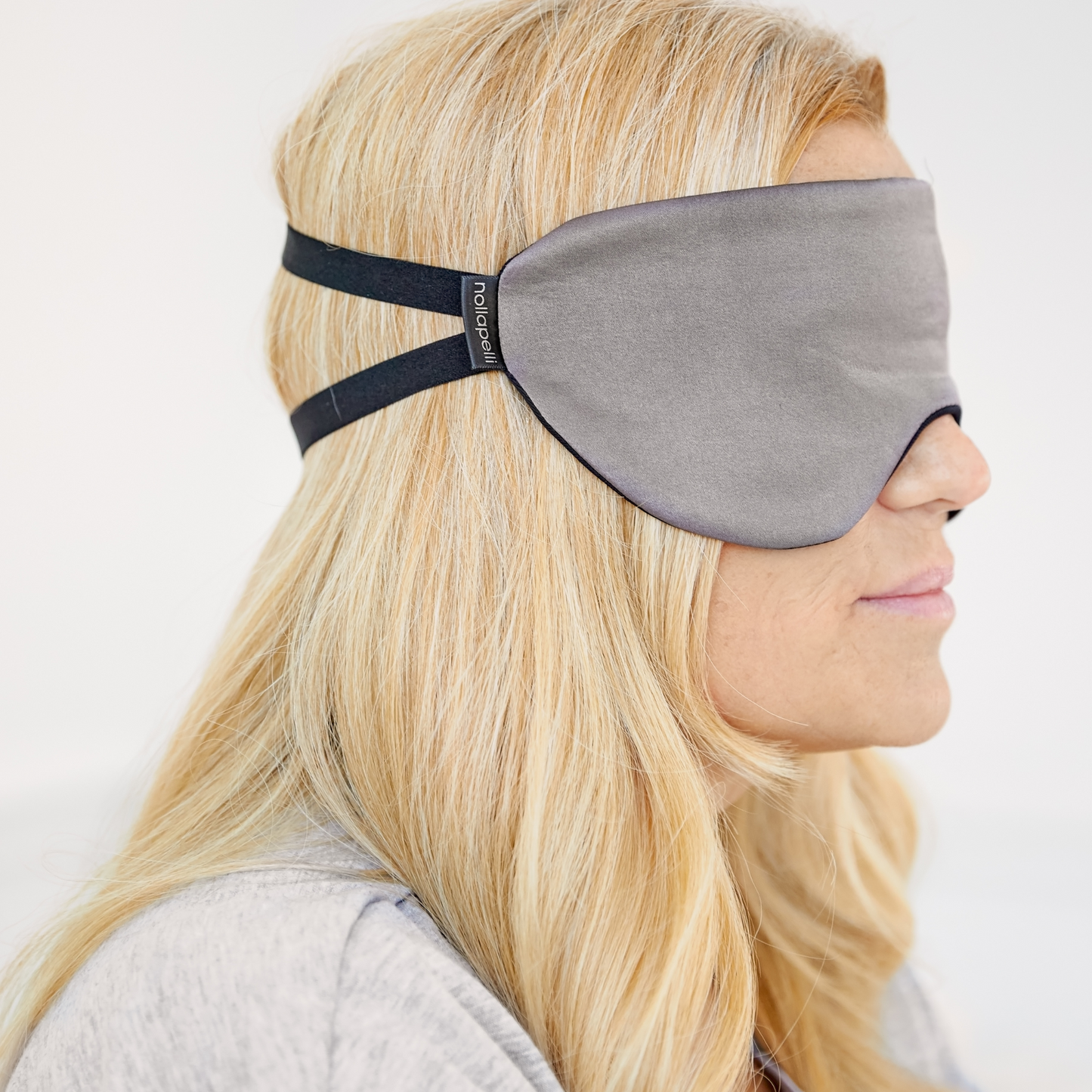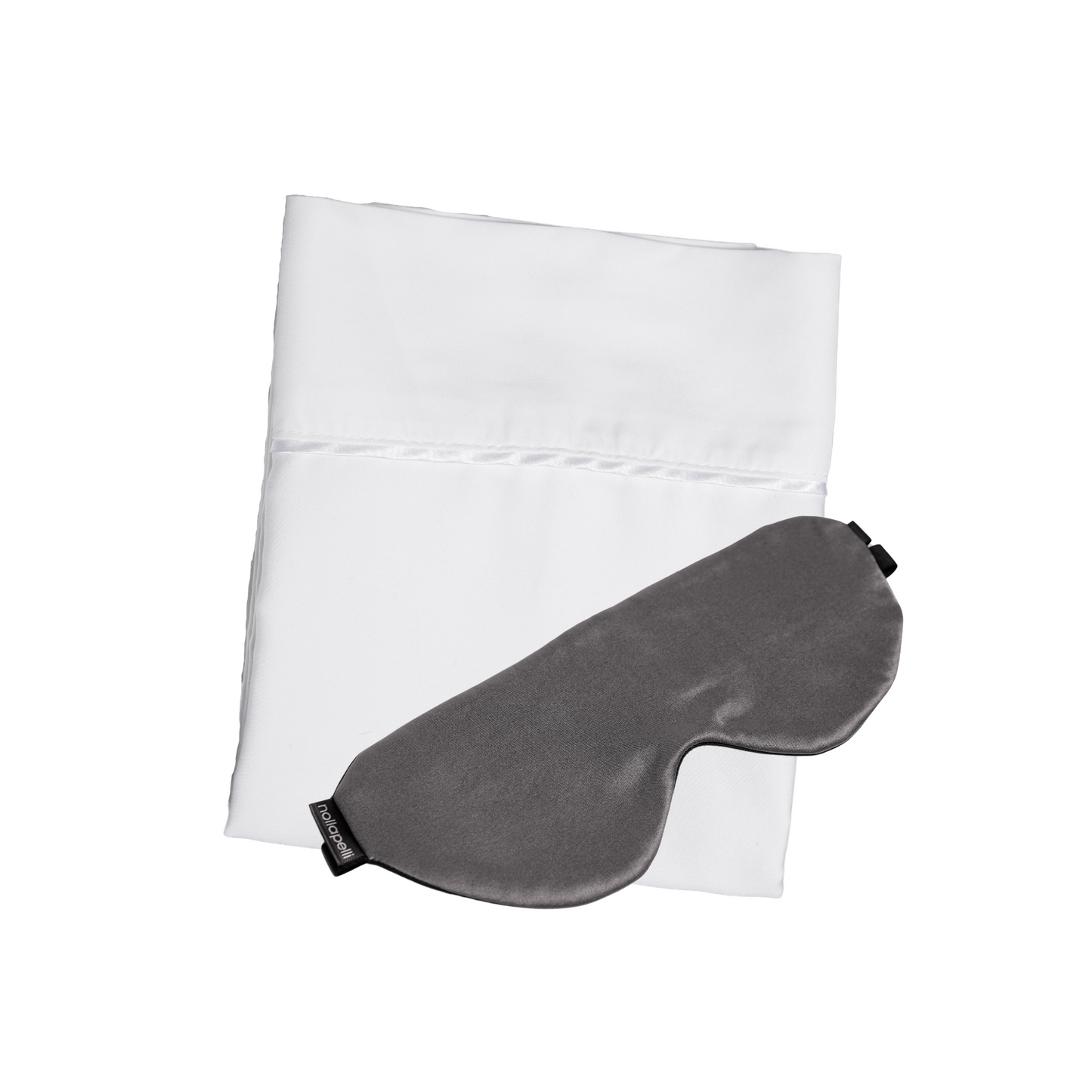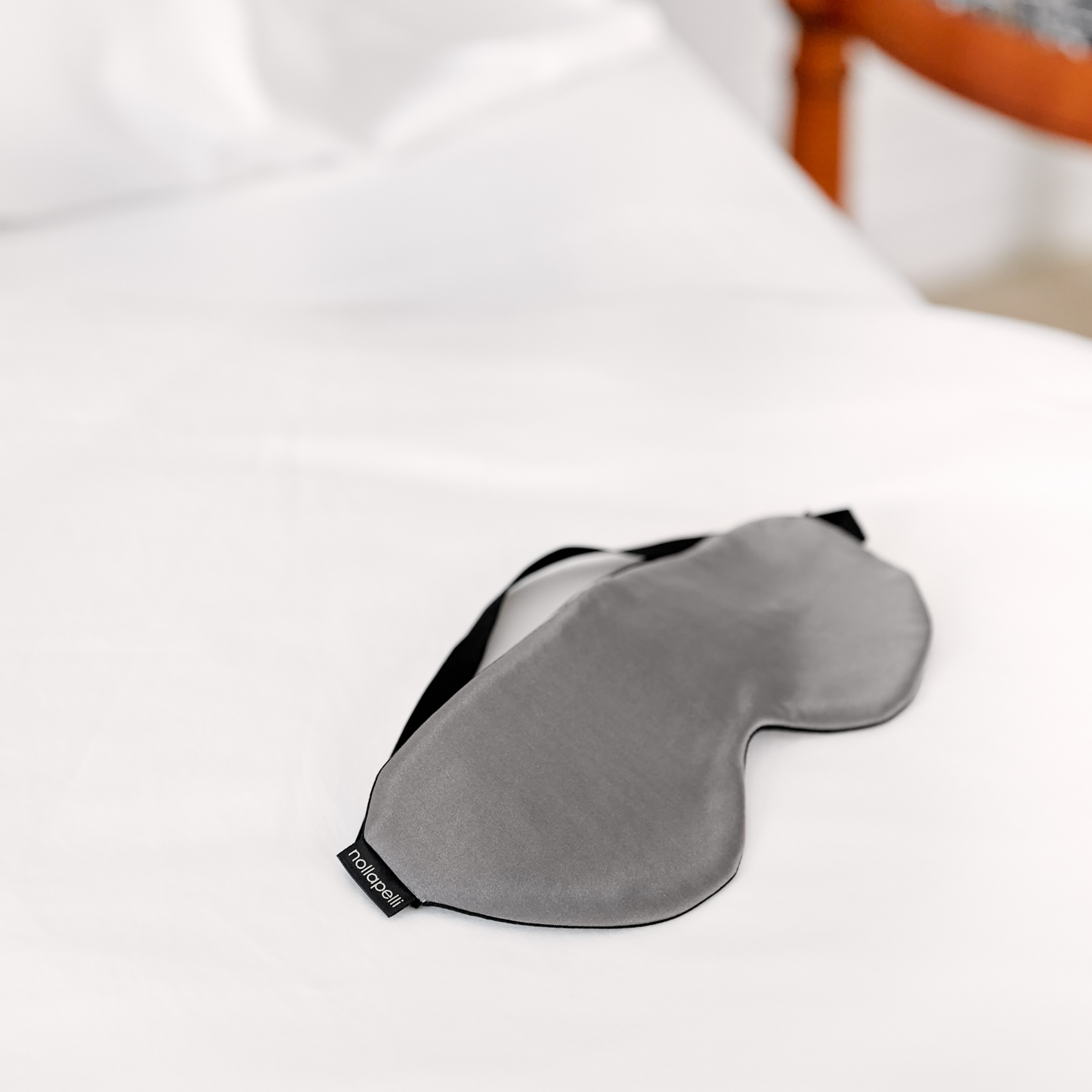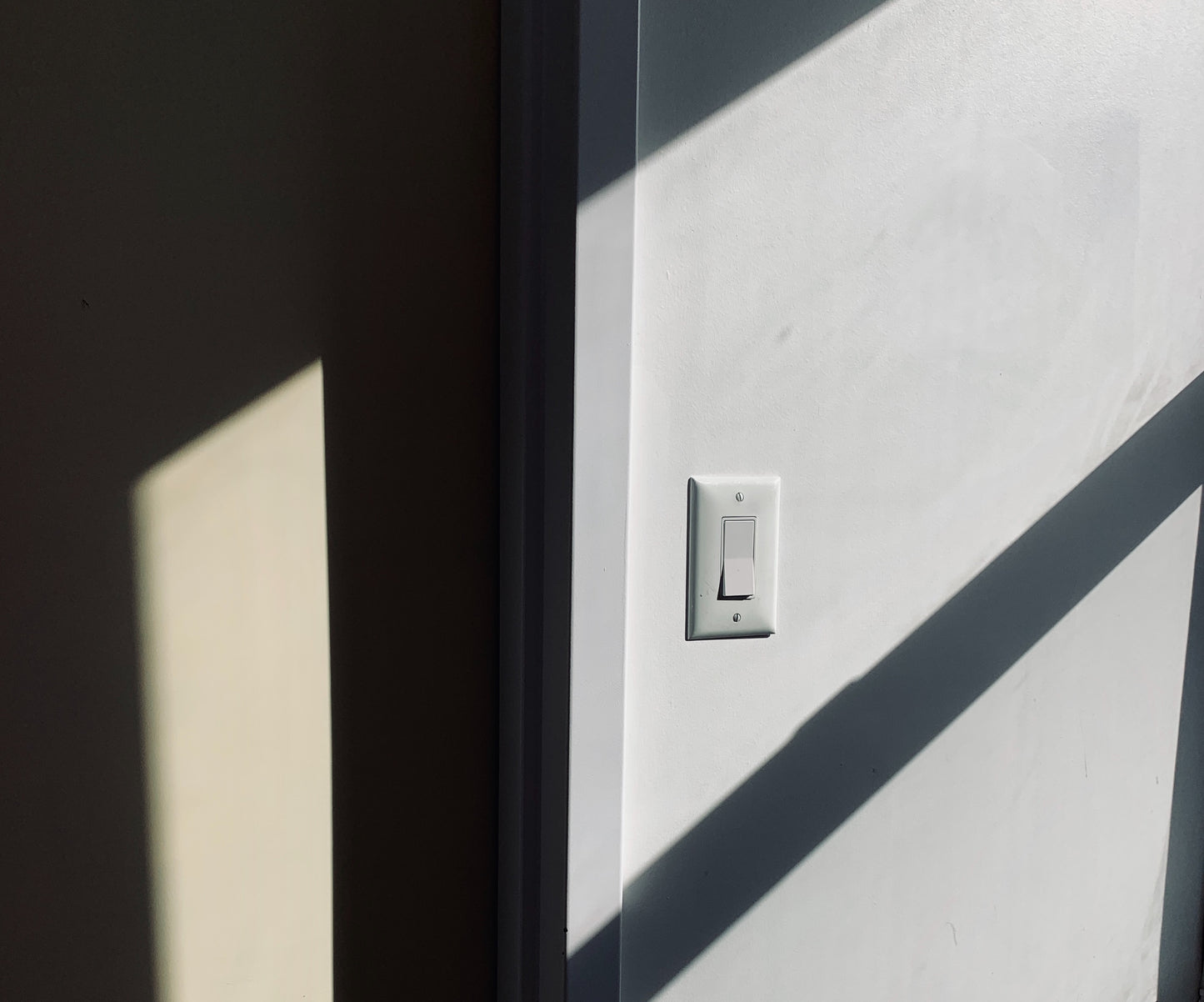
Sleep plays an important role in fully living your life. Enough quality sleep at the right times can help protect your mental health, physical well-being, quality of life, and personal safety. But unfortunately, good sleep evades even the best of us at times. Few things are more frustrating than laying down in bed after a long day and being unable to fall asleep and experience a good night’s rest.
Struggling to fall asleep? You are not alone. Sixty million Americans each year report having a sleep disorder. Gayle Greene, author of Insomniac, explains how sleepless nights can have a devastating effect on daily routines. She says that chronic insomnia is often mistaken as “a bad night” and that few people realize just how debilitating sleep deprivation can be. “Sleep is the fuel of life,” Green says. “It’s nourishing; it’s restorative. And when you are deprived of it, you are really deprived of a basic kind of sustenance.”
If you’re someone who struggles with falling asleep, there are ways you can power down before bed. Try using some of these tonight!
Take a Bath
According to Joyce Walsleben, PhD, associate professor at New York University School of Medicine. “If you raise your temperature a degree or two with a bath, the steeper drop at bedtime is more likely to put you in a deep sleep.” She recommends hopping into the bath about two hours before bed and soaking for 20 to 30 minutes. A shower does not work as well as a bath does, but gets the job done in a pinch.
When you soak in a hot bath, your temperature rises—and the rapid cool-down period immediately afterward relaxes you. You can also boost your bathtime by adding candles and lavender oil for a spa-like experience.
Set the Mood
After your bath, set the mood in your bedroom for ultimate relaxation. You can start by lowering the temperature in your room slightly. As you fall asleep, your body temperature drops a bit, which some experts believe can actually help move your natural sleep cycle along, according to the Harvard Medical School. The National Sleep Foundation recommends that your bedroom temperature be somewhere between 60 to 67 degrees Fahrenheit for optimal sleeping conditions.
“The secret is cool, dark, comfortable bedrooms,” says Lisa Meltzer, an education scholar for the National Sleep Foundation and associate professor of pediatrics at National Jewish Health in Denver. “Darkness cues the brain to make melatonin, which tells your interior clock that it’s time to sleep. Melatonin cools your internal body temperature, which reaches its lowest point between 2 and 4 a.m.”
In addition to cooling the temperature of your room, you can also scent it with lavender. In 2005 a study conducted at Wesleyan University found that the subjects who sniffed lavender oil for two minutes at three 10-minute intervals before bedtime increased their overall amount of deep sleep and they woke in the morning feeling more refreshed and rejuvenated than those who did not.
“Some people respond really well to scents,” adds Meltzer. “If they’re breathing it in deeply, it can help them clear their minds. Also, if it’s part of a bedtime routine, that might be the secret.”
No More Late Night Emails
The best thing you can do to power down before bed is shutting off your electronic devices. They could be the reason you are struggling to fall asleep in the first place! The small amounts of light that are emitted from your smartphone, ipad or laptop can pass through the retina into a part of the hypothalamus (the area of the brain that controls several sleep activities) and delay the release of the sleep-inducing hormone melatonin.
In order to properly power down before bed, shut off all your electronics about 15 to 30 minutes before bed and have a moment of technology-free time before making your way into your bedroom for the night. Don’t bring any of these devices into your bedroom with you, so you are not tempted to roll over and check your email while your phone is charging. Your bedroom should be a technology-free zone where you only go when you want to fall asleep.
Try the 4-7-8 Technique
If all else fails, don’t hesitate to try the 4-7-8 technique. Start by breathing in for four counts, and then holding your breath for seven seconds allowing the oxygen to spread better throughout your body. Then exhale for 8 counts. The idea behind this method is that often, when we breathe, it’s too shallow, and we don’t get the full benefits of the oxygen. You probably won’t doze off just by doing it once, but after 3 or 4 times you should begin to feel relaxed and start to fall asleep.
No matter how you get there, a good night's rest is essential to a healthy life. Try out these tips to improve your sleep habits and heighten your experience by sleeping on our signature soft sheets and pillowcases.


